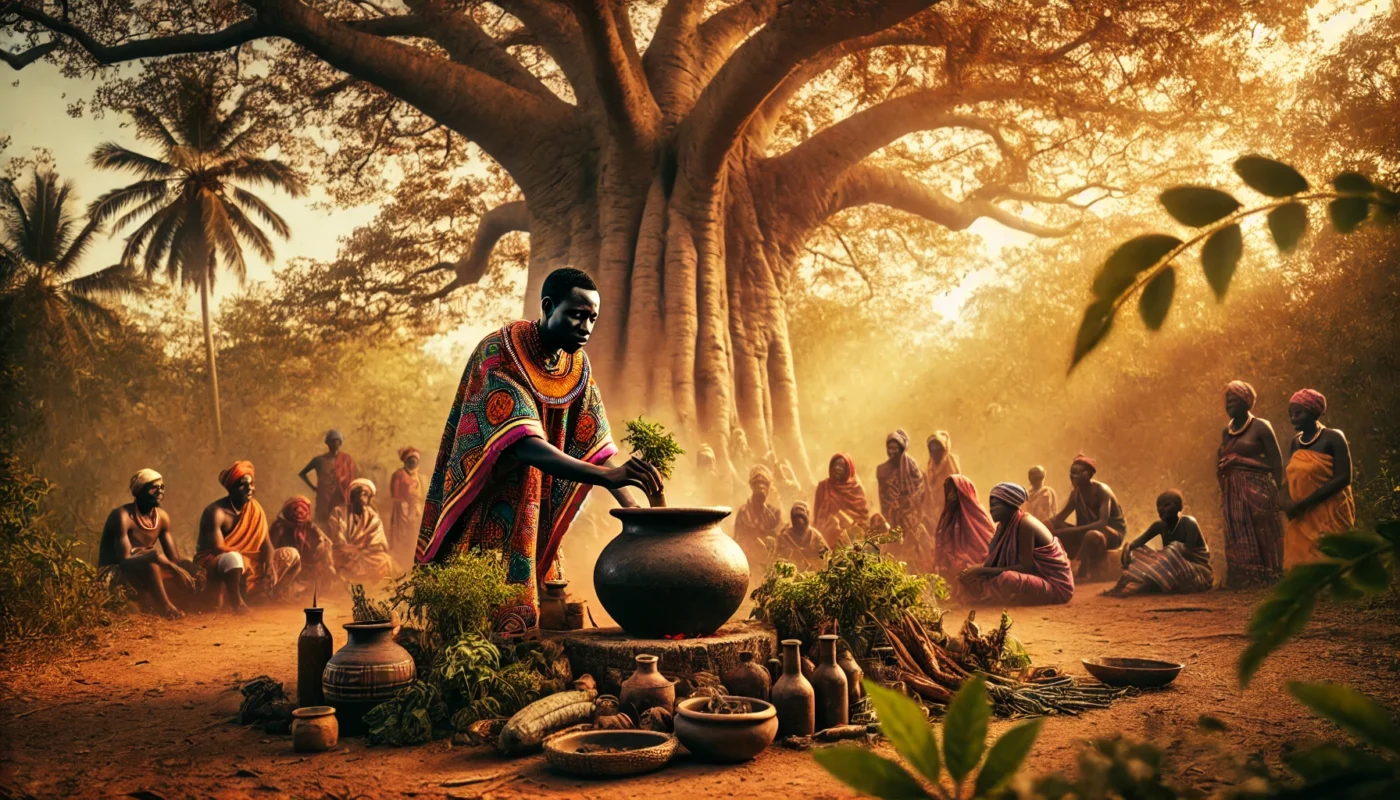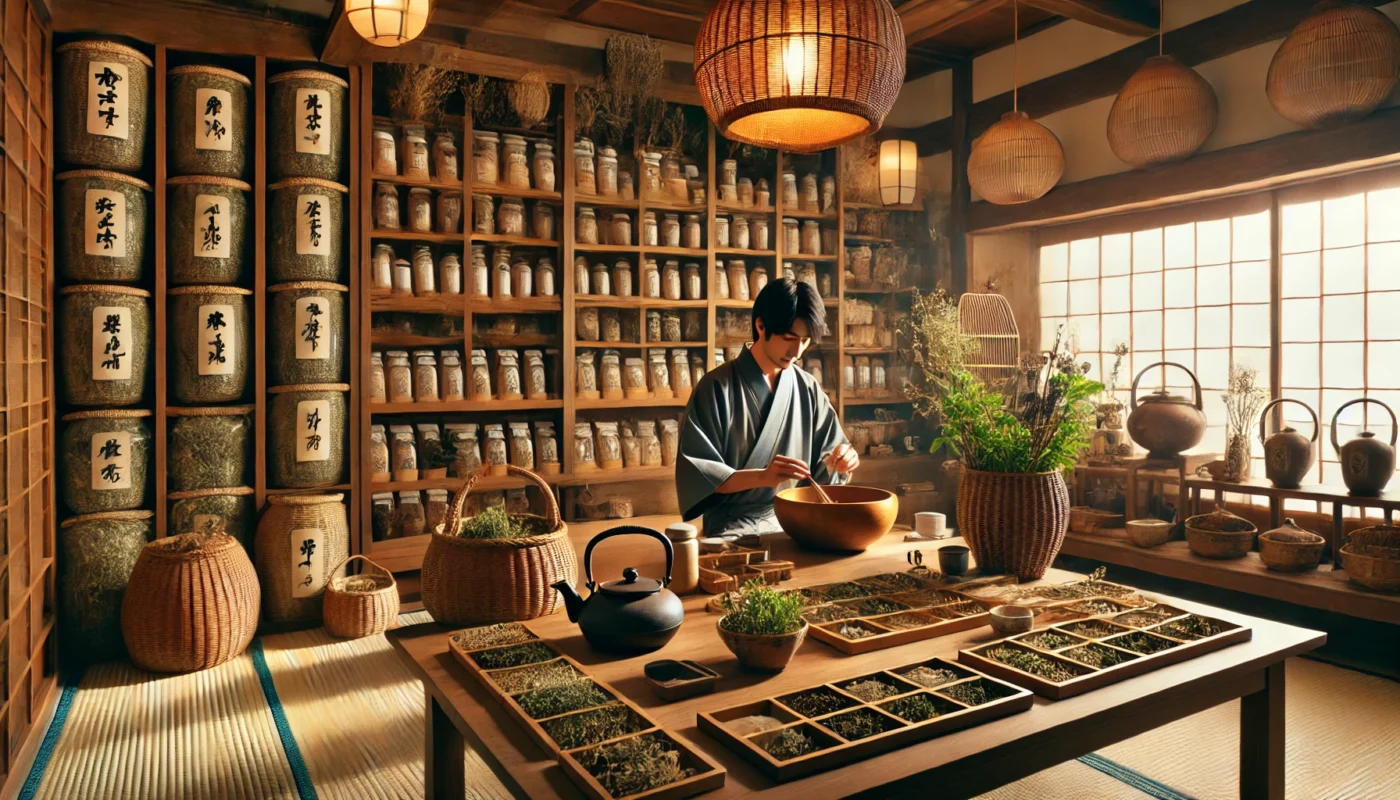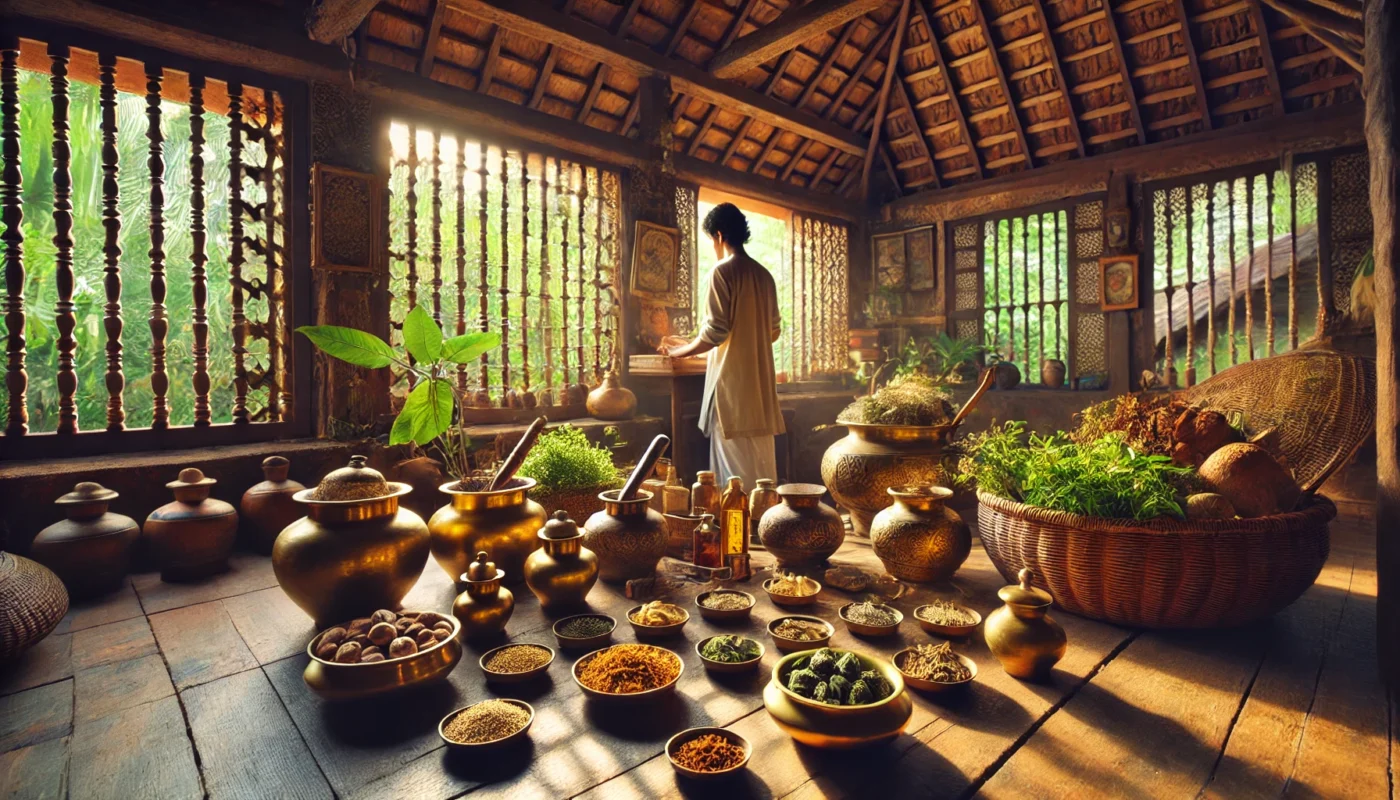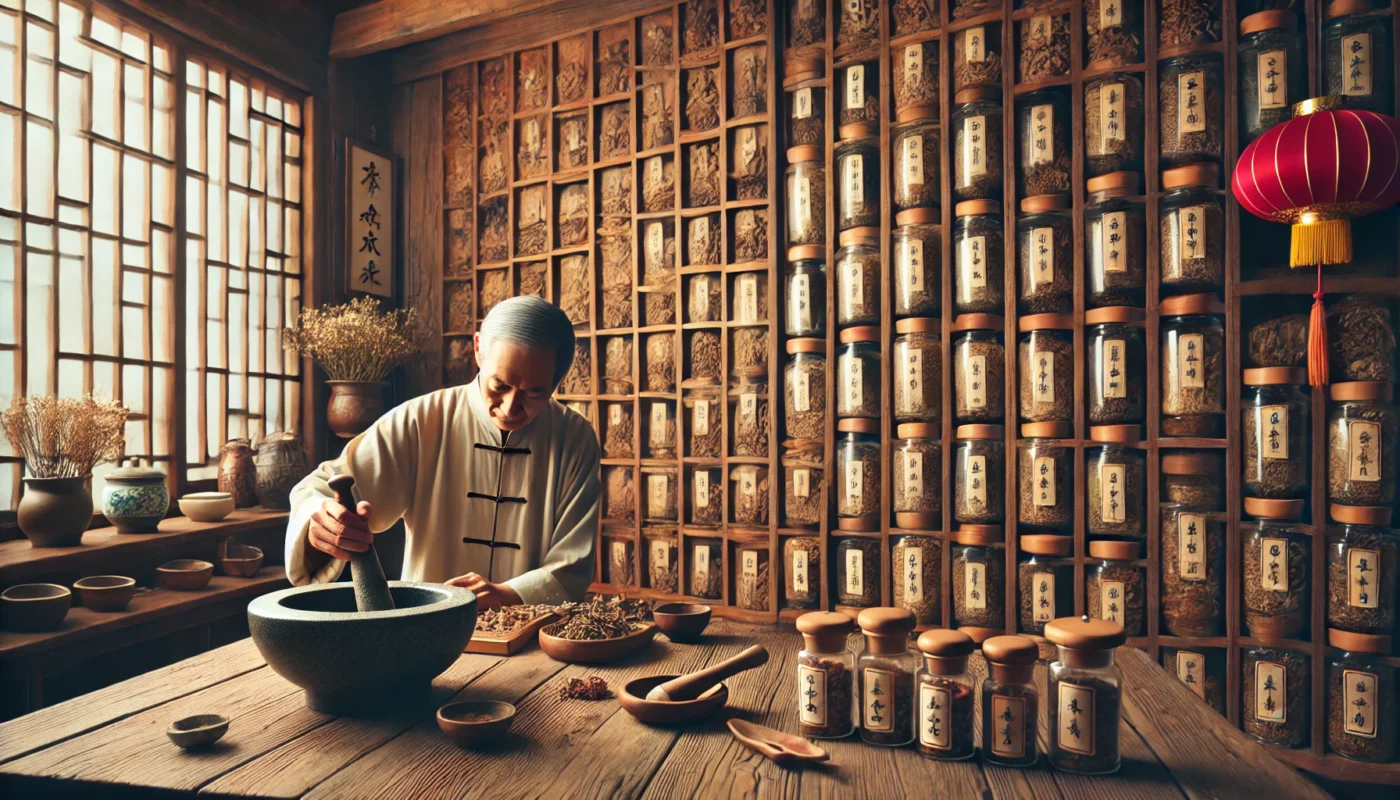Traditional medicine encompasses a diverse array of practices, beliefs, and therapies that have been cultivated and refined over generations. These practices are often deeply rooted in cultural traditions and emphasize a holistic approach, highlighting the interconnectedness of mind, body, and spirit. Here, we explore the depth and breadth of traditional medicine practices around the world.
You may also like: Exploring the Benefits of Alternative Therapies
The Cultural Roots of Traditional Medicine
Traditional medicine is often embedded in the cultural fabric of societies. Each practice reflects the historical and social context from which it emerged. For instance, Native American healing rituals are intertwined with spiritual beliefs and community practices. Understanding these cultural roots is essential for appreciating the full scope of traditional medicine.
The Holistic Approach
Traditional medicine differs from modern medicine in its holistic approach, focusing on the whole person rather than just symptoms. This perspective considers the physical, emotional, and spiritual dimensions of health. Practices such as Ayurveda and Traditional Chinese Medicine (TCM) exemplify this approach, aiming to restore balance within the individual.
Global Diversity in Practices
The diversity of traditional medicine practices is vast, spanning continents and cultures. From African traditional medicine’s rich use of medicinal plants to the spiritual healing practices of Indigenous Australians, each system offers unique insights into health and healing. This global tapestry of practices contributes to the richness of traditional medicine.
Examples of Traditional Medicine Systems
Traditional medicine systems offer a wide variety of approaches to health and wellness, each with distinct methodologies and philosophies. Let’s delve into several notable examples from around the world.
Ayurveda: The Science of Life
Originating in India over 3,000 years ago, Ayurveda is one of the world’s oldest holistic healing systems. It’s based on the belief that health and wellness depend on a delicate balance between the mind, body, and spirit.
Personalized Health Strategies
Ayurveda offers personalized health strategies, considering individual body types or “doshas.” Practitioners recommend dietary plans, herbal remedies, and lifestyle adjustments tailored to each person’s unique constitution.
The Role of Yoga and Meditation
Yoga and meditation are integral components of Ayurveda, promoting physical health and mental clarity. These practices help balance the doshas and enhance overall well-being.
Herbal Remedies in Ayurveda
Ayurvedic medicine heavily relies on herbal remedies, using plant-based treatments to address various health concerns. These remedies are often combined with dietary guidelines to support healing and prevention.

Traditional Chinese Medicine (TCM)
TCM is a comprehensive medical system practiced in China for thousands of years. It includes various therapies such as acupuncture, herbal medicine, cupping, and Tai Chi.
Understanding Qi and Meridians
Central to TCM is the concept of “Qi,” the vital life force that flows through the body. Practitioners aim to balance Qi through meridians, ensuring harmonious function and health.
The Art of Acupuncture
Acupuncture is a key therapy in TCM, involving the insertion of thin needles into specific points on the body. It is believed to restore balance and alleviate various conditions by influencing the flow of Qi.
Herbal Medicine in TCM
Chinese herbal medicine uses a vast array of plant, animal, and mineral substances to create complex formulas. These are tailored to individual needs, addressing specific health issues and promoting balance.
Unani Medicine
Unani medicine, also known as Greco-Arabic medicine, originated in ancient Greece and was further developed by Arab and Persian scholars.
The Four Humors Theory
Unani medicine is based on the concept of four humors: blood, phlegm, yellow bile, and black bile. Health is achieved through the balance of these humors, with imbalances causing disease.
Therapeutic Approaches in Unani
Unani practitioners utilize herbal remedies, dietary changes, and physical therapies to restore balance. Treatments are often personalized, focusing on the individual’s specific humor imbalances.
Unani’s Influence on Modern Practices
Unani medicine has influenced many modern health practices, particularly in the areas of herbal medicine and holistic health approaches. Its principles continue to resonate in contemporary healthcare.
The Role of Traditional Medicine in Modern Healthcare
Despite the rise of modern medicine, traditional medicine practices continue to play a significant role in healthcare systems worldwide. They offer valuable insights into holistic health and provide alternative treatment options for various conditions.
The Appeal of Personalization
Many people are drawn to traditional medicine for its personalized approach. Unlike conventional medicine, which often takes a one-size-fits-all strategy, traditional practices tailor treatments to the individual’s needs, focusing on prevention and overall well-being.

Complementary and Alternative Medicine (CAM)
Traditional medicine is increasingly recognized as a form of Complementary and Alternative Medicine (CAM). It complements conventional treatments by offering holistic options that address both symptoms and root causes of illness.
Bridging Traditional and Modern Medicine
Efforts to integrate traditional medicine with modern healthcare are gaining momentum. This integration seeks to combine the best of both worlds, providing patients with a more comprehensive approach to health and healing.
Scientific Research and Traditional Medicine
The scientific community has increasingly recognized the potential of traditional medicine practices. Researchers are conducting studies to explore the efficacy and safety of various traditional therapies, leading to a better understanding of their mechanisms and potential benefits.
Validating Traditional Practices
Scientific research aims to validate traditional medicine practices, providing evidence for their efficacy. This validation helps bridge the gap between traditional and modern medicine, promoting mutual respect and collaboration.
Exploring the Mechanisms of Action
Researchers are investigating the mechanisms behind traditional therapies, such as how herbal remedies interact with the body. Understanding these processes is crucial for integrating traditional medicine into mainstream healthcare.
Challenges in Research
Conducting research on traditional medicine poses unique challenges. Many practices are deeply rooted in cultural and spiritual contexts, making them difficult to study using conventional scientific methods. Innovative approaches are needed to overcome these hurdles.
Practical Tips for Incorporating Traditional Medicine into Your Life
If you’re interested in exploring traditional medicine practices, here are some practical tips to help you get started:
- Consult a Qualified Practitioner: Seek guidance from a qualified practitioner who has extensive knowledge and experience in traditional medicine. They can provide personalized recommendations based on your individual health needs.
- Educate Yourself: Learn about different traditional medicine systems and their principles. Understanding the philosophy behind these practices can help you make informed decisions about your health.
- Start Slowly: If you’re new to traditional medicine, start with simple practices such as incorporating herbal teas or trying a gentle form of exercise like Tai Chi or yoga.
- Listen to Your Body: Pay attention to how your body responds to different practices. Traditional medicine emphasizes the importance of listening to your body and making adjustments as needed.
- Combine with Modern Medicine: Traditional medicine can complement modern medical treatments. Discuss any traditional practices you’re considering with your healthcare provider to ensure a safe and integrated approach.

Conclusion
Traditional medicine practices have stood the test of time and continue to offer valuable insights into health and well-being. By exploring these diverse systems and integrating them with modern healthcare, individuals can benefit from a more holistic and comprehensive approach to their health. Whether you’re a fitness enthusiast, health enthusiast, or medical patient, traditional medicine provides a wealth of knowledge and practices to support your journey toward optimal wellness.
Embracing a Holistic Lifestyle
Embracing traditional medicine encourages a holistic lifestyle, focusing on prevention, balance, and harmony. This approach not only addresses physical health but also nurtures mental and spiritual well-being.
The Future of Traditional Medicine
As interest in holistic health grows, traditional medicine is poised to play a more prominent role in future healthcare. Continued research and integration efforts will shape its evolution, offering innovative solutions for global health challenges.
A Personal Journey to Wellness
Ultimately, exploring traditional medicine is a personal journey. It invites individuals to take an active role in their health, empowering them to make informed choices and embrace practices that resonate with their values and beliefs.
Further Reading:
Traditional medicine provides health care to many around the globe
Some Traditional Herbal Medicines, Some Mycotoxins, Naphthalene and Styrene.
Traditional medicine, holistic health, Ayurveda, Traditional Chinese Medicine, TCM, Unani medicine, herbal remedies, wellness, Complementary and Alternative Medicine, CAM, cultural practices, mind-body connection, personalized health, global health, healing practices, scientific research, health and wellness.
Important Note: The information contained in this article is for general informational purposes only, and should not be construed as health or medical advice, nor is it intended to diagnose, prevent, treat, or cure any disease or health condition. Before embarking on any diet, fitness regimen, or program of nutritional supplementation, it is advisable to consult your healthcare professional in order to determine its safety and probable efficacy in terms of your individual state of health.
Regarding Nutritional Supplements Or Other Non-Prescription Health Products: If any nutritional supplements or other non-prescription health products are mentioned in the foregoing article, any claims or statements made about them have not been evaluated by the U.S. Food and Drug Administration, and such nutritional supplements or other health products are not intended to diagnose, treat, cure, or prevent any disease

